By 2030, there will be 38.2 million jobs in the renewable energy industry, according to the International Renewable Energy Agency (IRENA). Another 74.2 million will be created to support the energy transition and adjacent sectors. Will half of those roles be filled by women?
Despite efforts to address ongoing issues, the gender gap in all STEM (science, technology, engineering, and math) careers continues to persist. Considering the urgent need to get talented people on board and shift the energy transition forward, something needs to change. Organizations within the energy sector could change the future right now by helping break down barriers and empowering women to take more roles in this critical industry.
Women in Solar and Other Clean Energy Fields: The Current Picture
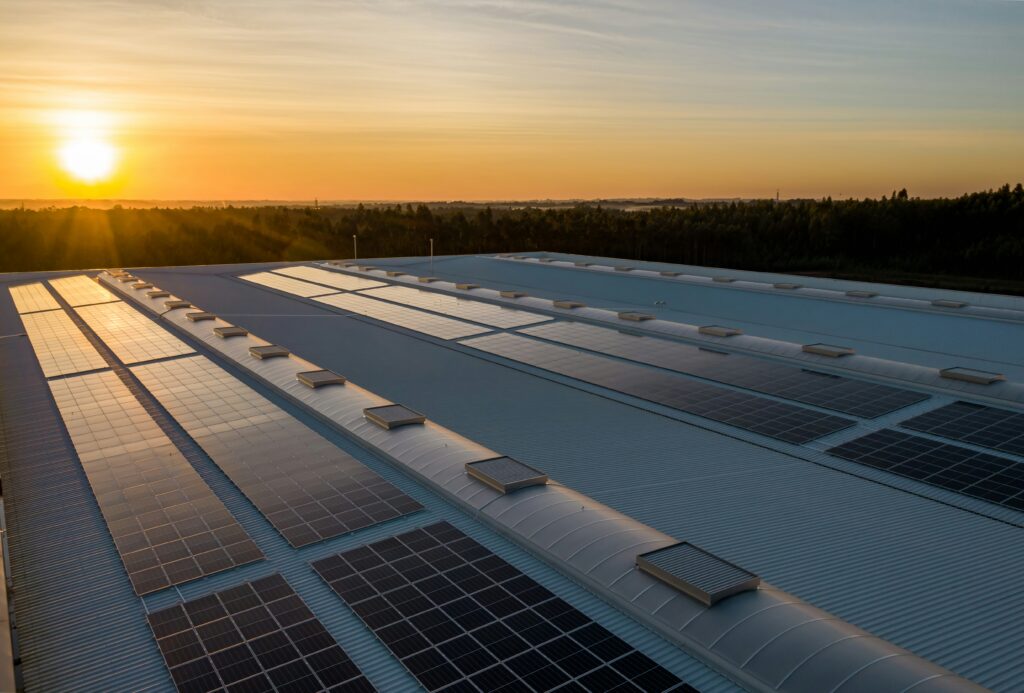
To understand why this is a highly-charged topic, it helps to look at some key statistics of where we stand right now:
- Just one out of every five energy sector leadership roles are held by women.
- Women’s salaries are, on average, 19% lower than their male counterparts within the energy industry.
- Women inventors hold fewer patents in the energy sector than other sectors.
Stats from World Economic Forum.
Are these statistics echoed in the renewables sector? Sadly, yes. IRENA states that only a third of the renewable energy industry is staffed by women. With multiple sources showing that a diverse workforce brings improved innovation and performance, what’s preventing women from succeeding in clean energy?
Barriers in Women’s Way Across the Energy Sector
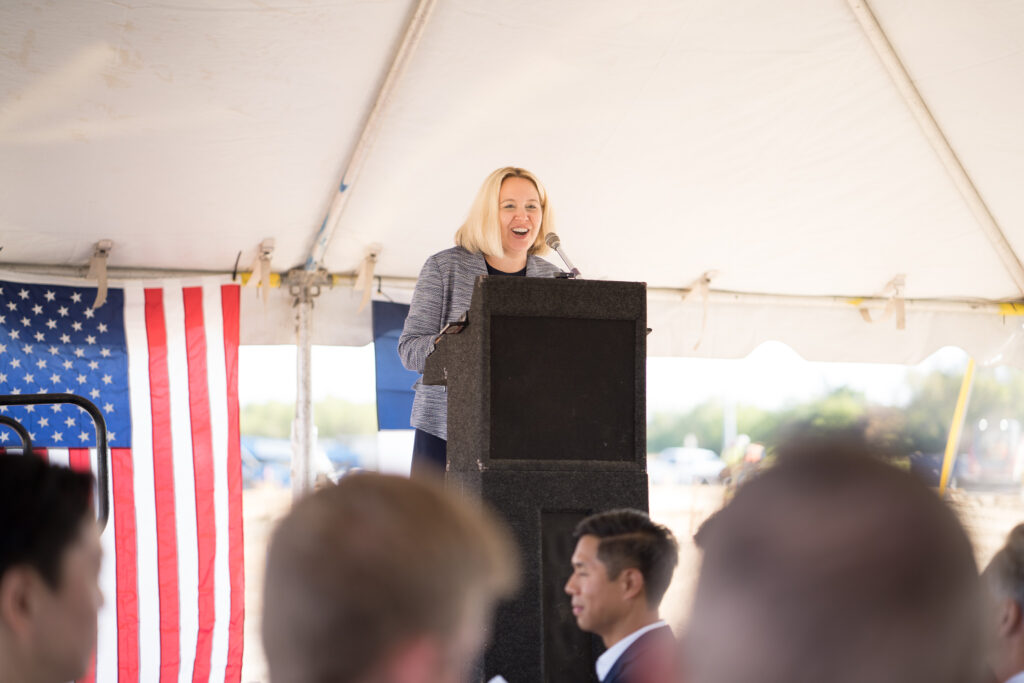
Part of the problem comes from not engaging women and girls in STEM topics from an early age. The gender bias that exists in the renewable energy industry comes, in part, from long-held beliefs that girls aren’t interested in technology, engineering, and inventing. That’s one of the reasons why just 16% of degrees in data science and other computing-related topics are held by women. Considering how critical AI and other emerging technologies may be to the energy transition, the more qualified people there are in these fields, the better.
Of course, these beliefs that prevent parents, teachers, mentors, and managers from encouraging girls and women are entirely unfounded. Some of the greatest technological pioneers of our time have been women. Innovative women aren’t just a part of history, either. Today, women like Qcells’ very own Taylor Guerin and Amy Jo Miller are trailblazing and leading the way for others like them.
However, problems still remain. Beyond encouragement to study STEM topics, women need safe and secure workplaces to join. Eliminating microaggressions and harassment while creating a welcoming work environment is extremely important.
More importantly, fairness and equality haven’t made a home in every organization. Around 65% of recruiters for technology-related roles state that they’re fully aware of gender bias during the recruitment process. Companies must do more to stamp this out.
Changemakers: Initiatives Promoting Gender Diversity
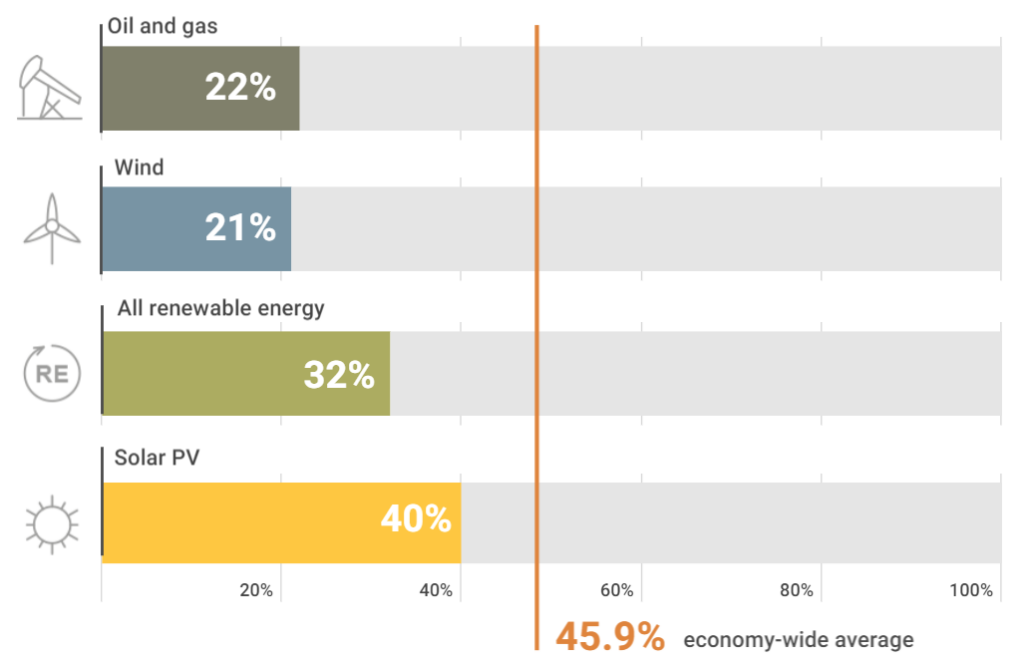
The good news is that there are already initiatives helping drive the energy sector to a more equitable future. IRENA reached out to its own employees to gain insight — something all energy sector firms should consider doing. Key suggestions from these discussions included:
- Provide women the opportunities to engage in interdisciplinary networking.
- Ensure all employees have the opportunity for coaching, mentoring, and relevant skills development.
- Promote current successful women in the renewable energy sector — show that women can achieve their goals.
That last one is what we are hoping to do here. Qcells has so many admirable women on our team that have been immensely impactful. In fact, much of the work we have done would not have been possible without them.
Qcells “Work Like a Woman” Series
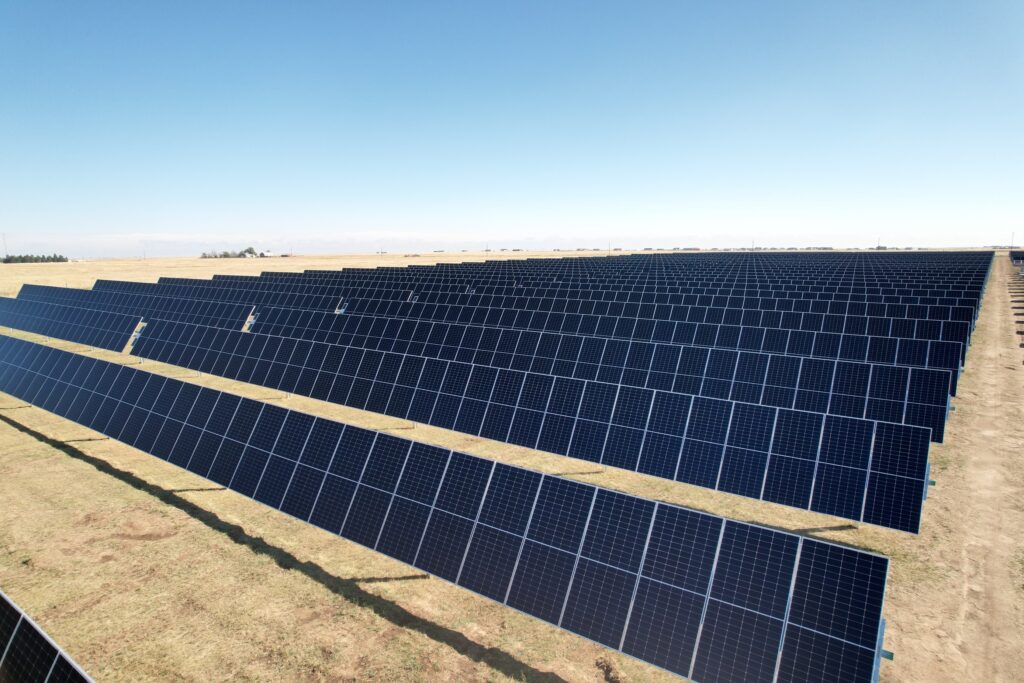
More women in the renewable energy industry means more diverse views and more innovation. This is particularly true when organizations make an effort to include women from multiple backgrounds. When you understand the problems and pain points of more types of people, you can start to create clean energy solutions for them that are relevant, useful, and meaningful.
With that being said, be on the lookout for posts in our upcoming “Work Like a Woman” series where we’ll feature women at Qcells that are breaking these barriers. Their stories will highlight the unique contributions and perspectives women bring to the renewable energy sector, showcasing how diversity drives progress and fosters a more inclusive and innovative workplace. As leaders within the renewable energy industry, they will inspire the next generation of female leaders and encourage a more balanced representation in the solar energy field.
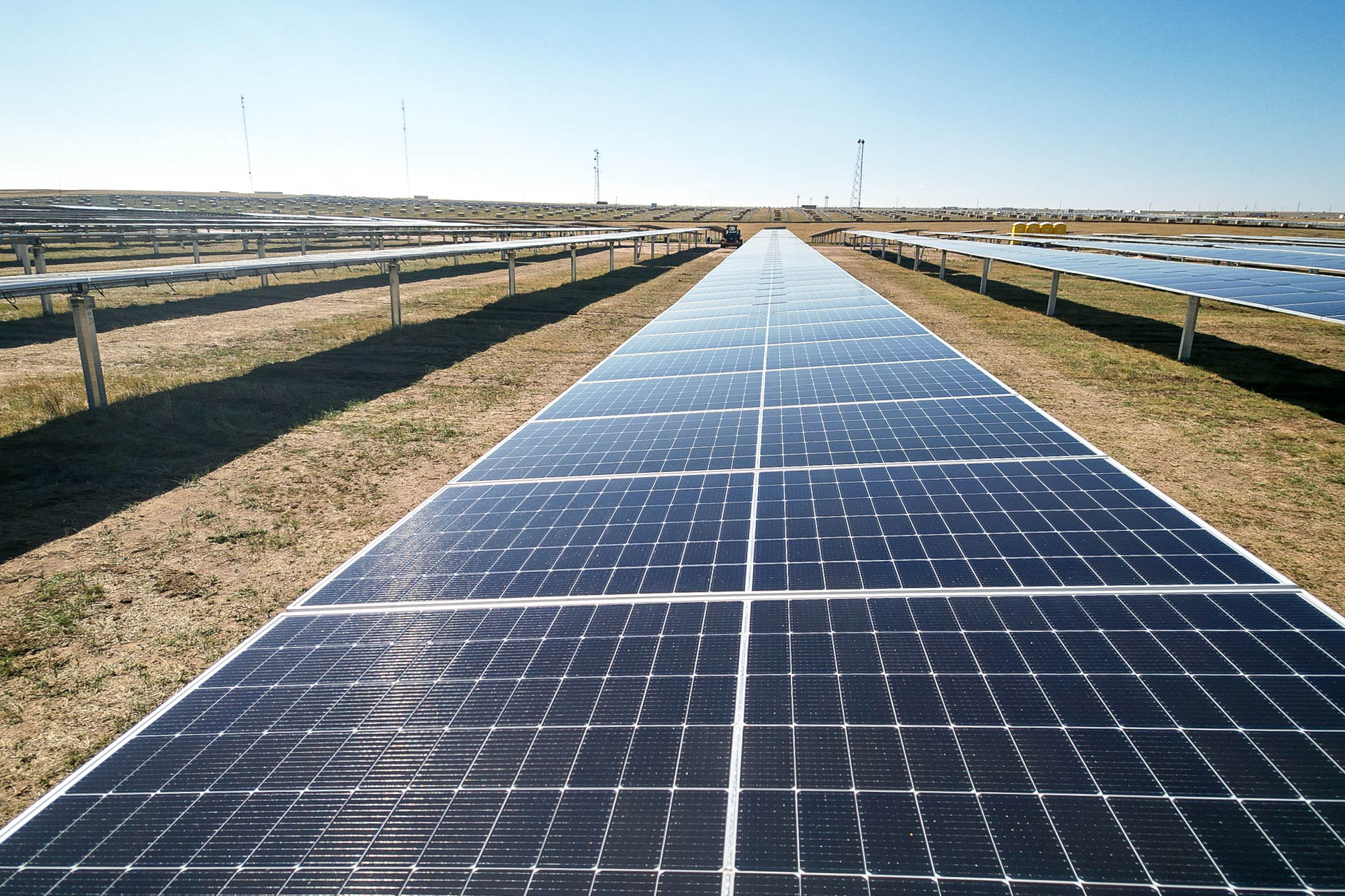

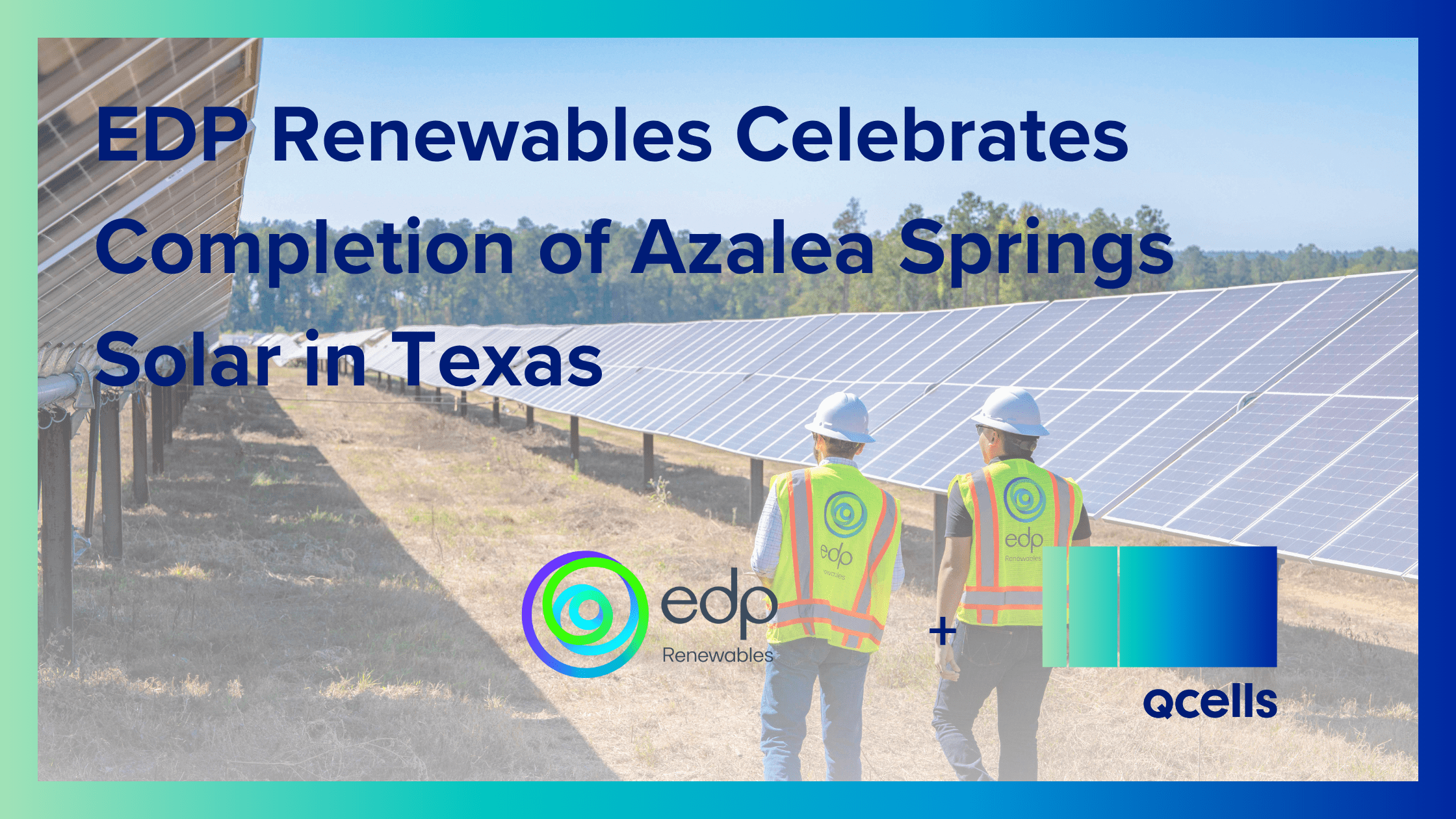

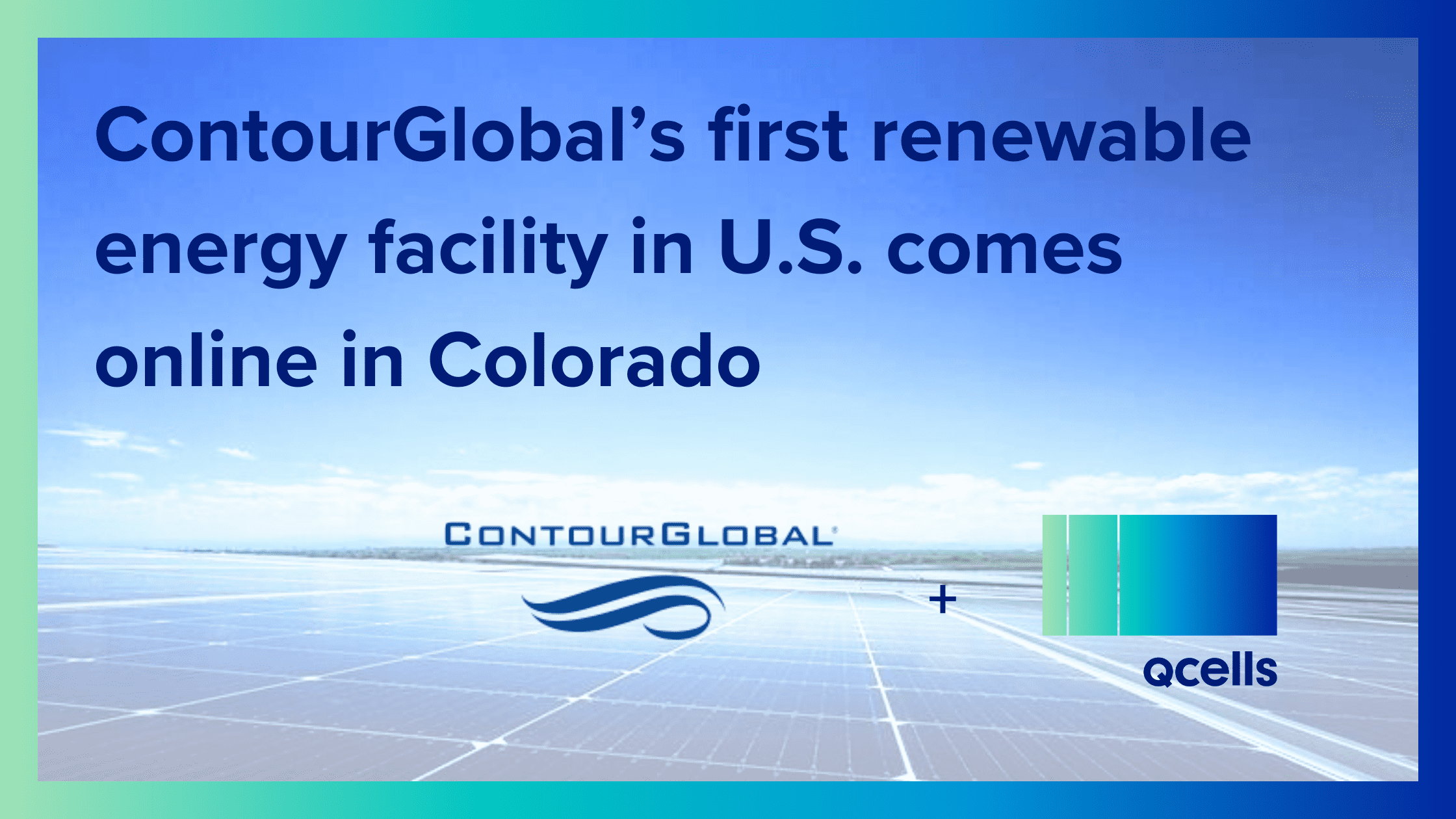
 USA & Canada
USA & Canada Korea
Korea Germany
Germany United Kingdom
United Kingdom France
France Italy
Italy Netherlands
Netherlands Greece
Greece Poland
Poland Portugal
Portugal Hungary
Hungary Spain
Spain Japan
Japan